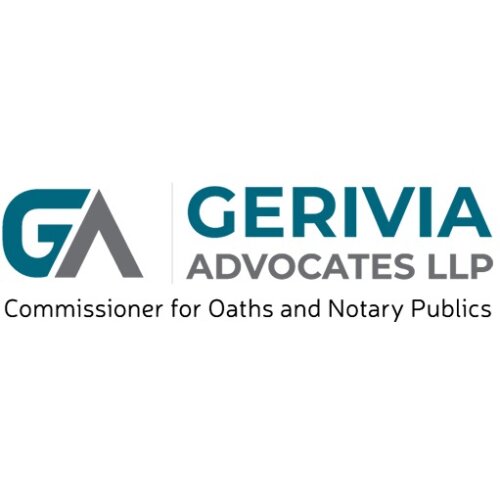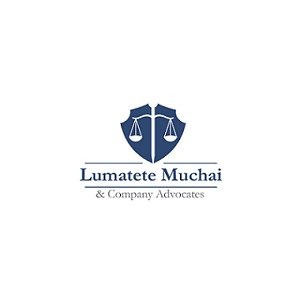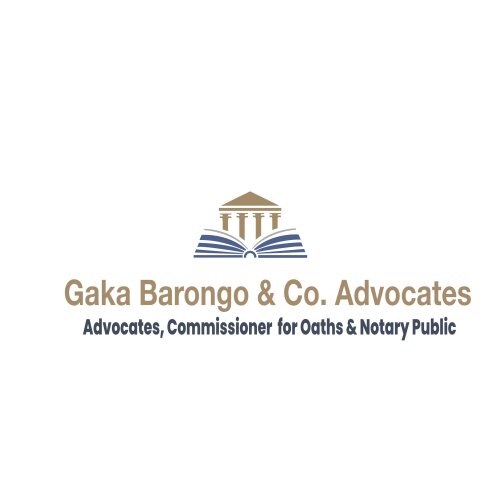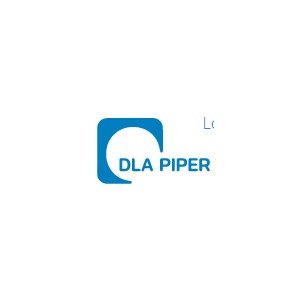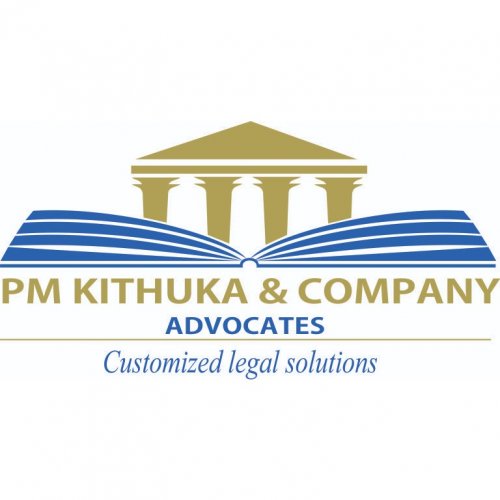Best Antitrust Litigation Lawyers in Nairobi
Share your needs with us, get contacted by law firms.
Free. Takes 2 min.
List of the best lawyers in Nairobi, Kenya
Legal guides written by Adroit Law LLP:
- Kenya Launches Digital Nomad Visa: A Gateway for Remote Workers
- Navigating the Payment System License Maze in Kenya
- Navigating the Complexities of Mining Licenses and Permits in Kenya: A Look into Artisanal and Large-Scale Operations
About Antitrust Litigation Law in Nairobi, Kenya
Antitrust litigation in Nairobi, Kenya refers to the legal processes involved in resolving disputes over anti-competitive conduct in the marketplace. This field of law is designed to maintain fair competition among businesses and protect consumers from practices such as price fixing, cartel formation, abuse of dominance, and other forms of unfair trade practices. The Kenyan Constitution and specific statutes provide a framework for competition law in the country, with the Competition Authority of Kenya (CAK) serving as the primary enforcement agency. Antitrust litigation may involve challenges to mergers and acquisitions, unfair restraint of trade, monopoly practices, or collusive arrangements that harm consumer welfare or diminish market competition.
Why You May Need a Lawyer
Legal assistance in antitrust matters is often crucial due to the complexity of competition laws and the serious consequences of violations. Common situations where a lawyer may be necessary include:
- Facing investigations or enforcement actions by the Competition Authority of Kenya
- Challenging the anti-competitive behavior of competitors or suppliers
- Responding to allegations of price fixing, collusion, or abuse of dominance
- Navigating the merger approval process and related compliance requirements
- Preparing for private civil litigation arising from alleged competition law violations
- Seeking compensation for harm suffered due to anti-competitive practices
- Providing corporate compliance advice to avoid business practices that risk antitrust scrutiny
Lawyers specializing in antitrust litigation can help interpret statutes and regulations, represent clients before tribunals and courts, negotiate settlements, and ensure that all processes are conducted fairly and in accordance with the law.
Local Laws Overview
Antitrust litigation in Nairobi, Kenya is governed primarily by the Competition Act, No. 12 of 2010. This law provides the legal basis for addressing anti-competitive conduct and is implemented by the Competition Authority of Kenya. Key aspects of the law include:
- Prohibited Practices: Agreements between businesses that prevent, distort, or restrict competition are generally outlawed. Examples include price fixing, collusive tendering, and market allocation.
- Abuse of Dominant Position: Businesses holding a dominant position in a market must not exploit their position by unfairly limiting competition or imposing unfair terms.
- Control of Mergers: The CAK must approve mergers and acquisitions that may substantially lessen competition.
- Investigation and Enforcement: The law grants the CAK investigative powers, including entering premises, seizing documents, and requiring information.
- Remedies and Sanctions: Remedies can include financial penalties, orders to cease anti-competitive conduct, and even criminal prosecution for serious offenses.
- Leniency Program: Entities involved in anti-competitive practices may receive reduced penalties if they self-report and cooperate with authorities.
- Appeals: Parties can appeal CAK decisions to the Competition Tribunal and ultimately to the courts.
It is important to note that antitrust matters may also intersect with international competition laws, especially for multinational businesses.
Frequently Asked Questions
What is antitrust litigation?
Antitrust litigation involves legal proceedings arising from violations of competition laws, such as price fixing, cartel activities, or abuse of a company’s dominant position in the market.
Who enforces antitrust laws in Kenya?
The Competition Authority of Kenya (CAK) is responsible for the enforcement of antitrust laws, while the Competition Tribunal and Kenyan courts handle appeals and judicial matters.
What behaviors are considered anti-competitive in Kenya?
Examples include price fixing, sharing markets or sources of supply, bid rigging, exclusive dealing, resale price maintenance, predatory pricing, and abusing a dominant market position.
Can individuals or companies file complaints about anti-competitive behavior?
Yes, both individuals and companies may file complaints directly with the Competition Authority of Kenya if they believe there are violations affecting them or the market.
What are the penalties for violating antitrust laws in Nairobi?
Penalties can include substantial financial fines, orders to terminate anti-competitive practices, business restrictions, and in severe cases, criminal prosecution and imprisonment.
How does the merger notification process work?
Before completing a merger or acquisition that meets certain thresholds, parties must notify and obtain approval from the CAK, which reviews for potential adverse effects on competition.
Is there a way to reduce penalties for anti-competitive practices?
Yes, Kenya operates a leniency program allowing companies and individuals who self-report their involvement in prohibited conduct to receive reduced penalties if they cooperate with investigations.
What is considered a dominant position under Kenyan law?
A dominant position is the ability of a business to act independently of competitors or customers in the market. It is assessed based on market share, power, and other economic factors.
Can I appeal a decision made by the Competition Authority?
Yes, decisions by the CAK can be appealed to the Competition Tribunal. Further appeals may be possible to the High Court of Kenya.
Do I need a lawyer for all antitrust matters?
It is strongly recommended to consult an experienced lawyer, especially when facing investigations, enforcement proceedings, litigation, or significant business transactions like mergers.
Additional Resources
Several organizations and agencies offer resources or support for antitrust issues in Nairobi, Kenya:
- Competition Authority of Kenya (CAK) - primary regulator and resource for information on competition law
- Competition Tribunal - handles appeals on CAK decisions
- Law Society of Kenya - for referrals to qualified competition law practitioners
- Attorney General’s Office - legal opinions and guidance on competition matters
- Institute of Economic Affairs - publishes analysis on economic and competition policy
You may also consult legal libraries, business associations, and universities with law faculties for research materials and expert guidance.
Next Steps
If you believe you need assistance with an antitrust litigation matter in Nairobi, consider the following actions:
- Collect all relevant documents and details related to the suspected antitrust issue
- List any correspondence with competitors, customers, or regulatory agencies
- Schedule a consultation with a lawyer specializing in antitrust or competition law
- Seek advice about your rights, obligations, and potential risks
- If urgent, contact the Competition Authority of Kenya for initial guidance
Taking early legal advice is critical to safeguarding your business interests and ensuring compliance with Kenyan competition laws. Having an experienced lawyer by your side can help you understand the complexities of the law, represent your interests, and pursue the most effective course of action.
Lawzana helps you find the best lawyers and law firms in Nairobi through a curated and pre-screened list of qualified legal professionals. Our platform offers rankings and detailed profiles of attorneys and law firms, allowing you to compare based on practice areas, including Antitrust Litigation, experience, and client feedback.
Each profile includes a description of the firm's areas of practice, client reviews, team members and partners, year of establishment, spoken languages, office locations, contact information, social media presence, and any published articles or resources. Most firms on our platform speak English and are experienced in both local and international legal matters.
Get a quote from top-rated law firms in Nairobi, Kenya — quickly, securely, and without unnecessary hassle.
Disclaimer:
The information provided on this page is for general informational purposes only and does not constitute legal advice. While we strive to ensure the accuracy and relevance of the content, legal information may change over time, and interpretations of the law can vary. You should always consult with a qualified legal professional for advice specific to your situation.
We disclaim all liability for actions taken or not taken based on the content of this page. If you believe any information is incorrect or outdated, please contact us, and we will review and update it where appropriate.








